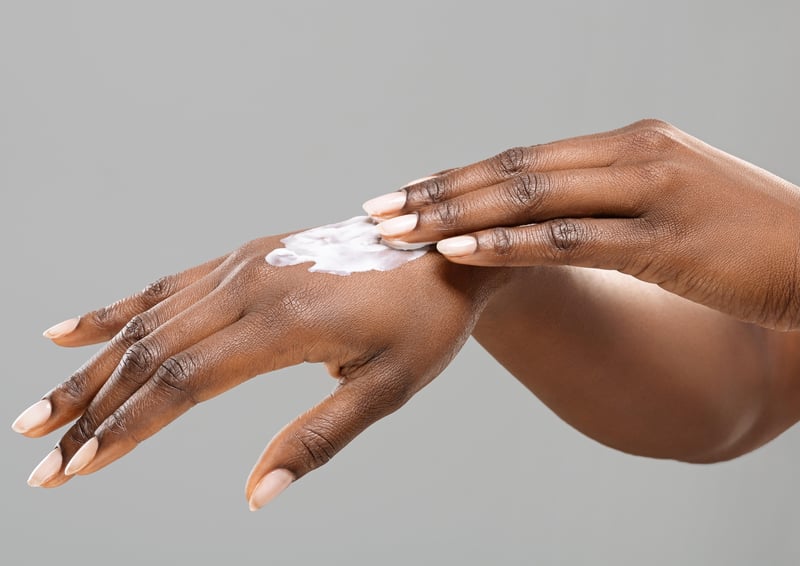Get Healthy!

- Posted July 17, 2023
Skin Lightening Products Carry Dangers, But Many Users Are Unaware of Risks: Study
Using skin lightening products can be dangerous without a doctor's supervision because they may contain harmful ingredients.
Still, nearly a quarter of people in a recent survey said they used the products not for a medical issue, but for overall skin lightening. It's an issue that relates back to colorism, the system of inequality that considers lighter skin more beautiful, researchers say.
"The most surprising finding was the lack of awareness of ingredients in products being purchased over the counter and their potential detrimental effects,"said lead investigator Dr. Roopal Kundu, a professor of dermatology at Northwestern University Feinberg School of Medicine.
"These products are bought from chain grocery stores, community-based stores or even online and do not undergo the same type of regulation as large-chain store or prescription products," she said in a university news release.
While doctors prescribe lighteners for some skin conditions, including melasma, many people who use these products do not consult a medical provider before use, said Kundu, who is also founder and director of the Northwestern Medicine Center for Ethnic Skin and Hair in Chicago.
Research has shown these products are often contaminated with other things such as steroids and mercury that could be toxic to the skin.
To study what was happening with skin lighteners, researchers sent an anonymous 19-question survey to individuals of color in the United States. The survey asked about their demographics, colorism attitudes, skin tone satisfaction and skin lightening habits.
In all, 455 people completed the survey. They included 238 Black people; 83 Asians; 84 who were multiracial; 31 who were Hispanic; 14 were American Indian or Alaskan Native, and five who identified as other.
Of those, 21.3% reported using skin lightening products, with three-quarters of them using the products to treat acne, melasma (a condition producing dark patches or spots) or hyperpigmentation. The others used the products for general skin lightening.
The participants who used skin lighteners perceived stronger colorism in their lives, according to the study. A majority were women.
"There is this perception that having lighter skin within a group -- Southeast Asian or African populations, for example -- is looked upon more favorably and manifests by making someone more attractive to a mate or more likely to get a job,"Kundu said. "The belief is that having lighter skin is tied to personal and professional success."
It can be dangerous to use skin lighteners without a doctor's supervision. Kundu recalled a patient who used the lightening product hydroquinone, also called a bleacher, on his entire face for many years. That patient now has permanent hyperpigmentation.
Another one of Kundu's patients said his goal was to completely lighten his skin.
"I had to tell him that is not something we can do,"Kundu said. "We weren't going to globally lighten his skin color."
The U.S. Food and Drug Administration received reports of serious side effects from the use of skin lightening products containing hydroquinone in 2020, including skin rashes, facial swelling and discoloration of skin. The agency advised people to not use these products.
Study findings were published online July 13 in the International Journal of Women's Dermatology.
More information
The U.S. Food and Drug Administration has more on skin lightening products.
SOURCE: Northwestern University, news release, July 13, 2023






